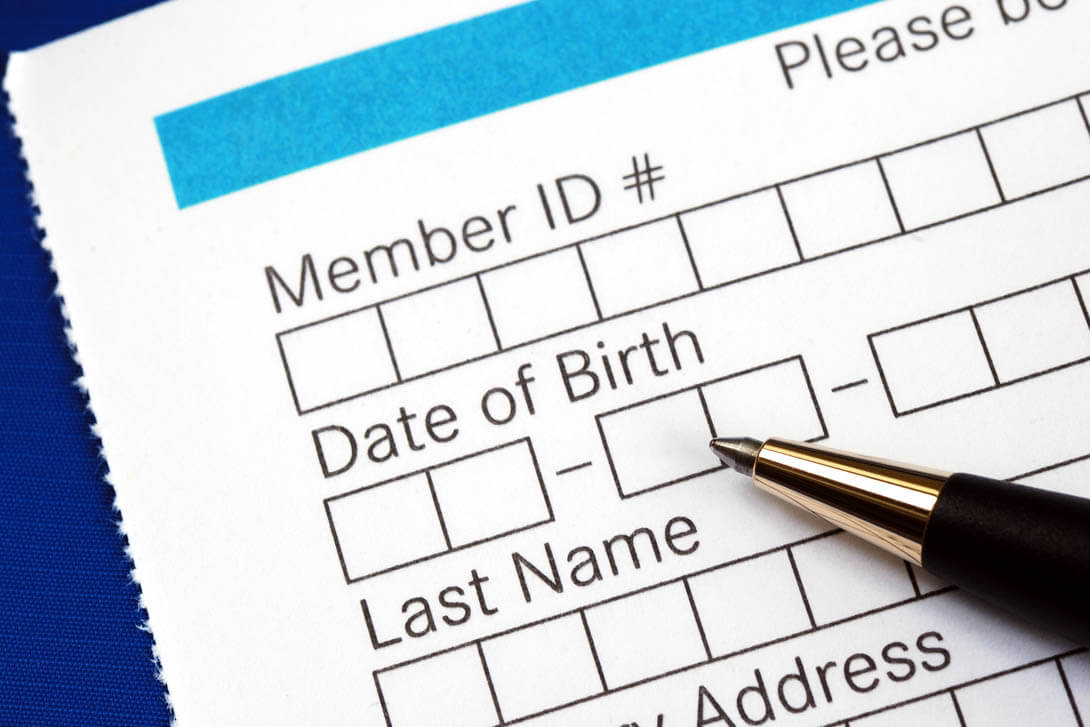What is Personally Identifiable Information (PII) Compliance?
First of all, we need to know what is PII. PII or Personally Identifiable Information is the particular data that can help enterprises to secure their cloud data by contacting, identifying, or locating specific individuals or users. The implementation of PII is done in two ways- solo, or it can work in combination with other measures which can then be easily accessed. PII compliance thus becomes useful when the organizations have any confidential data like medical, financial, educational, or even employment records, and are linked to the users. Many data elements can be used to identify a particular user or person. Some of them are names, contact addresses and numbers, biometric data, fingerprints, social security numbers, email addresses, etc. PII thus has to be stored securely, and the onus lies on the federal agencies to safeguard that data.
What is Need for PII Security Compliance?
Some regulations are necessary to keep a check on the personal information shared by enterprises with other third parties. PII compliance laws provide these compliance measures and requirements, which help corporate entities in keeping their confidential data secure. Society has long been relying on these safe PII laws, but still, there has been an increased reporting of data breach cases through hacking and other methods. But now, since computer technology has taken center spot with every organization and individual hooked to the advanced internet, it becomes pertinent that organizations strictly adhere to these PII protection laws. PII encompasses various other related laws like the following:
- HIPAA
- FERPA
- GLBA
- COPPA
- FCRA
- Privacy Act
Some PII Regulatory Compliance Examples
The collection and selling of PII are legally permitted and are required by organizations for various purposes. But, it becomes a problem when the information from PII is exploited for malicious intent by criminals resorting to cyber crimes and stealing individuals’ identities. This sort of identity theft is the leading cause of concern since it is capable of causing damaging emotional and financial repercussions for the victims. As per the statistics by the FBI, these crimes count among the fast-growing ones. Various government bodies have effectively formed legislation to tackle this menace and put a limit on the ways by which personal information gets distributed. The PII compliance checklist is as follows:
- Name: The person’s full name, including the maiden name or any of the parent’s names and any such alias.
- Address: The address information will include the residential and the office address complete with the street address.
- Email Address: It includes Email addresses also.
- Contact Numbers: The contact address will include the numbers through which the person is accessible, like the mobile number and the office contact numbers.
- Assets: Asset information consists of the IP/MAC address or some other static identifiers that the person uses.
- Identification Numbers: Passport number, Driver’s License, Patient-Identification number, social security number, credit card number- all these form the PII through which a person is identified.
- Others: Birthplace, birth date, religion, geographical indicators, educational data, financial and medical records, and other activities also give essential details about an individual.
How Can CloudCodes Help Enterprises For Achieving PII Compliance?
CloudCodes’ Cloud Access Security Broker (CASB) solution can help organizations comply with Personally Identifiable Information (PII). Organizations must identify PII and are handled carefully. Any compromise of this data in the form of security breaches can have severe repercussions for the organizations carrying that data and also for the individual whose information is breached. Hence it becomes essential that the government entity becomes responsible for protecting and safeguarding sensitive data by governing its usage and ensuring that PII laws are met. Understanding raw data and knowing how crucial it is; is the first step toward cloud security. By guaranteeing complete cloud security, CloudCodes CASB solution can help corporate entities meet their PII compliance requirements. CloudCodes solutions can be customized as per the needs of the organizations to check unauthorized leakage of sensitive data and help in securing it.

